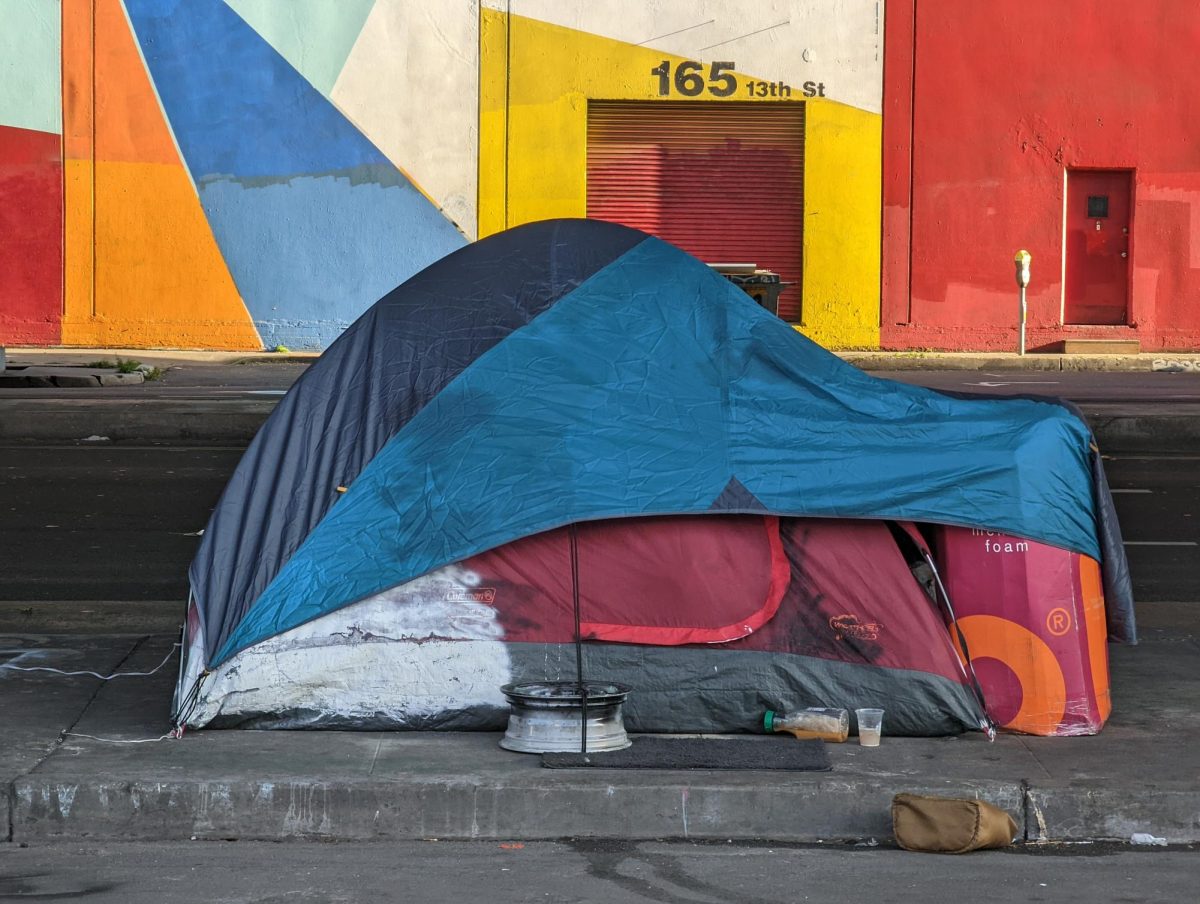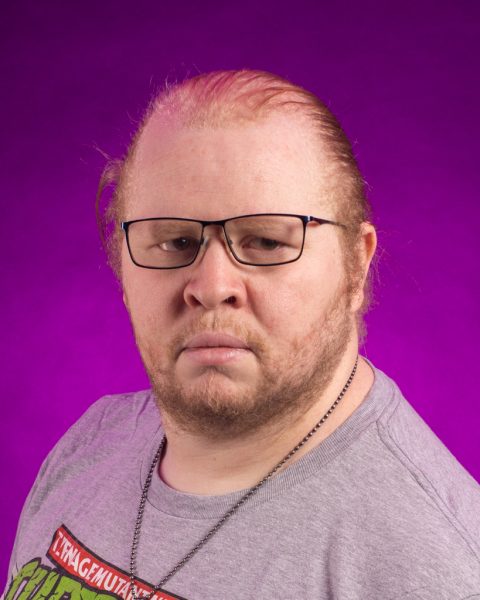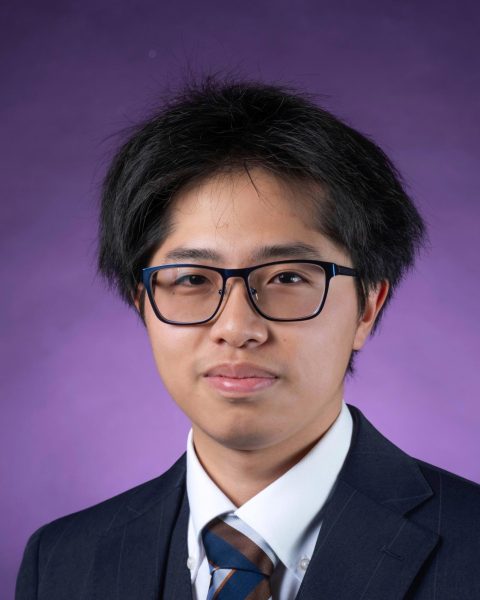Two months ago, in September, my cousin was killed. My mother called me and said, “Your cousin died of a fentanyl overdose.” A day later she said that he died from two gunshot wounds to the chest in a homeless encampment. The information about his passing was sparse and inaccurate at first. He was 38, two years my senior.
San Francisco has a significant homeless population. According to sfgov.org as of 2022, there were 7,754 people who were experiencing homelessness. Of those, there were 3,357 in shelters. This roughly translates to 1 in every 105 residents of San Francisco who experienced homelessness in 2022.
Those kinds of numbers make it a lot scarier when you’re emotionally tied to someone who is in that kind of position. Makes you feel even worse when you didn’t help them when you had the chance.
A few years back, my cousin stole some expensive items from my mother. When he came knocking six months ago to ask if he could stay with her, I said “no.” Now, he’s dead. The cocktail of emotions that my brain is swimming in now is, to say the least, complex and full-bodied. Honestly, it just feels bad. Kind of like a hangover without the fun from the night before.
There is guilt, remorse, anger. Not just at the murderer, but at my cousin as well. If he hadn’t broken our trust, I would have helped him. That’s not to put the blame on him, I made a choice, and that’s my cross to bear. Like all things in life, there is a lesson to be learned here.
I’m here at SFSU to learn the craft of journalism. After doing some digging, I learned a lot about the unhoused population here in the city and the dangers they face.
“I was a victim a couple times. I’m missing a tooth because of a crime,” Shelby Wildeman, lawn caretaker and formerly unhoused. “I was kicked one time in the face while I was asleep on the ground.”
Wildeman shared multiple personal accounts of being victimized on the streets. Wildeman received a black eye and was burned with hot coffee before. Wildeman said that the police were once called to aid him in one of the incidents and they never showed up.
Here at SFSU, the issue of people facing homelessness is still prevalent. Students who self-identify as housing insecure face some of the same struggles and risks that any people without homes are staring down the barrel at.
“In 2018, this is like pre-pandemic, we had about 18% of students identify as homeless or have experienced homelessness,” said Christopher Lujan, director of Food+Shelter+Success. “We’re hoping to get better data coming up with our other NCHA (National College Health Assessment). But compared to other universities, that’s really high. That’s really high in general.”
The Coalition on Homelessness is an organization that is fighting against the unfair treatment of the unhoused here in San Francisco. They are currently in a legal battle against the City and County of San Francisco. To learn more, click here.
Larry Ackerman, a retired medical science researcher, is now a volunteer for the Coalition on Homelessness. He, amongst others, works with the organization to help mitigate the systemic damage done to the homeless population in San Francisco.
“The vast majority of people were previously housed in their lives. Over 70%, housed here in San Francisco,” said Ackerman. “It’s not people coming from all over the country to San Francisco. It’s residents that have lost their housing.”
Ackerman said that San Francisco is sitting on hundreds of millions of dollars from Proposition C. According to spur.org, the prop passed in 2018 but was then placed in litigation after a suit was filed claiming that the prop needed a 66.667% vote to pass. It initially received a 61% approval in Nov. 2018. To learn more, click here.
Ackerman also explained that there are hundreds of millions of dollars from Prop C that have gone unused.
“There’s a whole spectrum of people that I regularly speak with and talk to and when I’m out on the street, and I see someone that is probably unhoused, I look at them and I smile. I don’t frown, I don’t spit on them, I don’t spray them with water, I don’t set them on fire, I try to be kind, supportive,” Ackerman said.
My cousin’s death was a senseless act of violence against someone who was in a bad place in life. My role in that was driven by fear and a lack of compassion. Something I’ve learned from this experience is that we should always approach those in need with compassion first. If I could do it again, I’d like to say that I’d have let him stay. I’d rather risk his betrayal than his life. Not that I’ll ever know if It would’ve helped.










